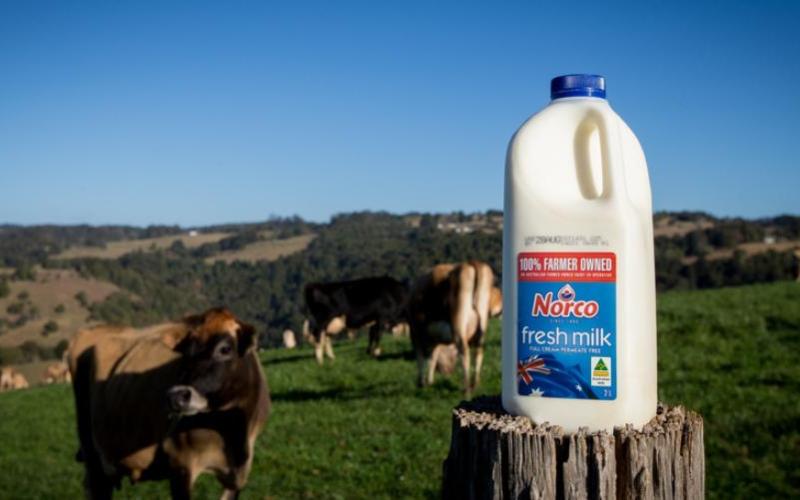Senator Fetterman Advocates Accurate Labeling for Meat and Milk Alternatives
Sourse: The DairyNews
Senator John Fetterman of Pennsylvania voiced his concerns during a Senate Agriculture Committee hearing on February 28, emphasizing the need for accurate labeling of alternative meat and milk products. Fetterman, a Democrat, argued that using terms like "meat" and "milk" for non-animal-derived products could have detrimental effects on traditional farmers and mislead consumers.

Fetterman expressed unease about cell-cultured foods, stating they were "very unattractive" to him and questioned whether they could legally be called meat. Agriculture Secretary Vilsack responded, acknowledging the ongoing challenge of labeling such products. The key issue is ensuring consumers understand the distinction between cell-cultured meat and conventionally farmed livestock.
The debate extended to non-dairy beverages, with Fetterman contending that products made from oats or almonds should not be labeled as "milk." He argued that using the term "milk" for plant-based alternatives could negatively impact dairy farmers by creating confusion among consumers.
In response, Vilsack emphasized the USDA's current struggle to address the labeling issue. He suggested that products labeled as "milk" should meet certain nutritional standards to justify the association with the term, as consumers often associate milk with high nutritional value.
The broader discussion highlights the ongoing challenges in finding a balance between supporting innovation in alternative food products and ensuring transparent and accurate labeling that protects traditional agricultural industries.
The debate extended to non-dairy beverages, with Fetterman contending that products made from oats or almonds should not be labeled as "milk." He argued that using the term "milk" for plant-based alternatives could negatively impact dairy farmers by creating confusion among consumers.
In response, Vilsack emphasized the USDA's current struggle to address the labeling issue. He suggested that products labeled as "milk" should meet certain nutritional standards to justify the association with the term, as consumers often associate milk with high nutritional value.
The broader discussion highlights the ongoing challenges in finding a balance between supporting innovation in alternative food products and ensuring transparent and accurate labeling that protects traditional agricultural industries.














